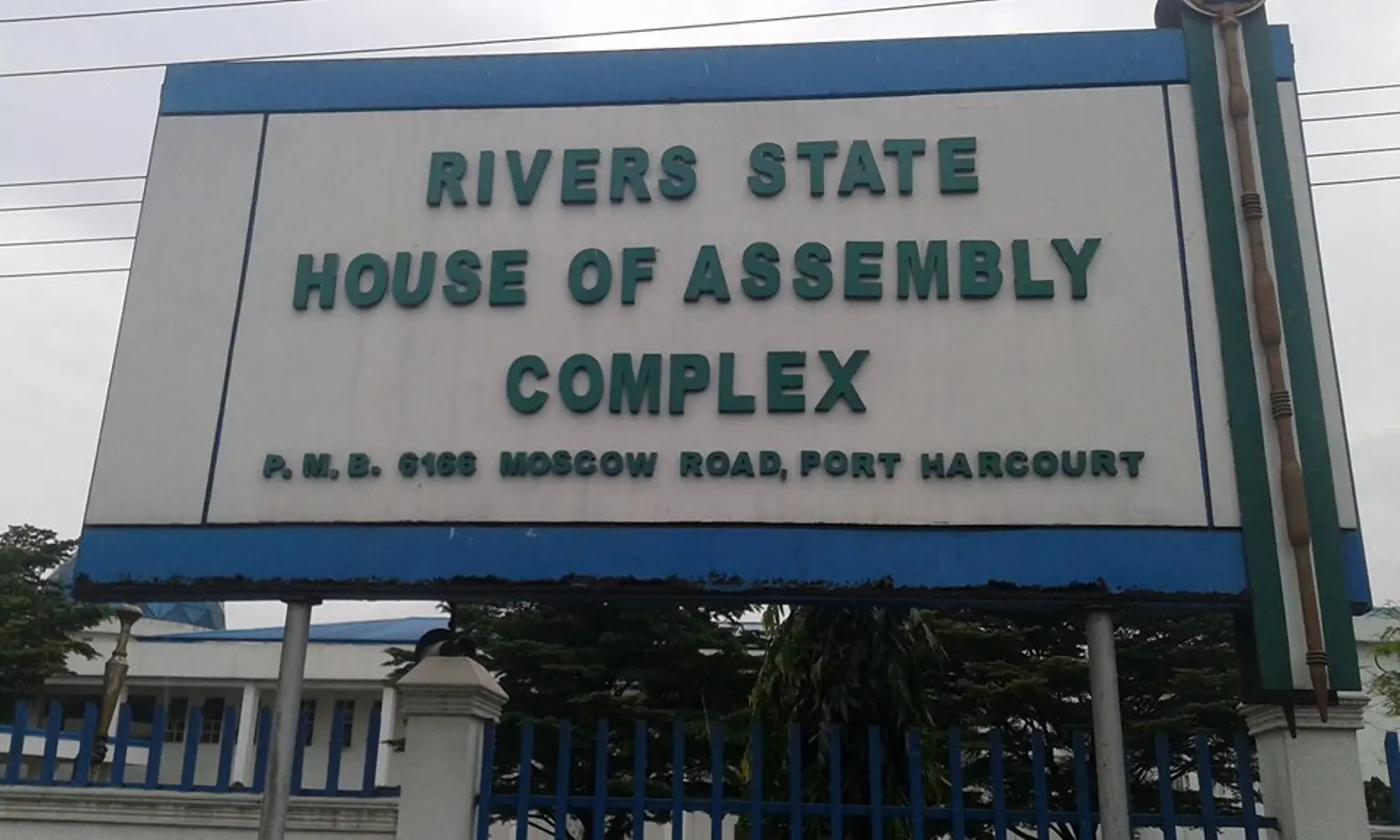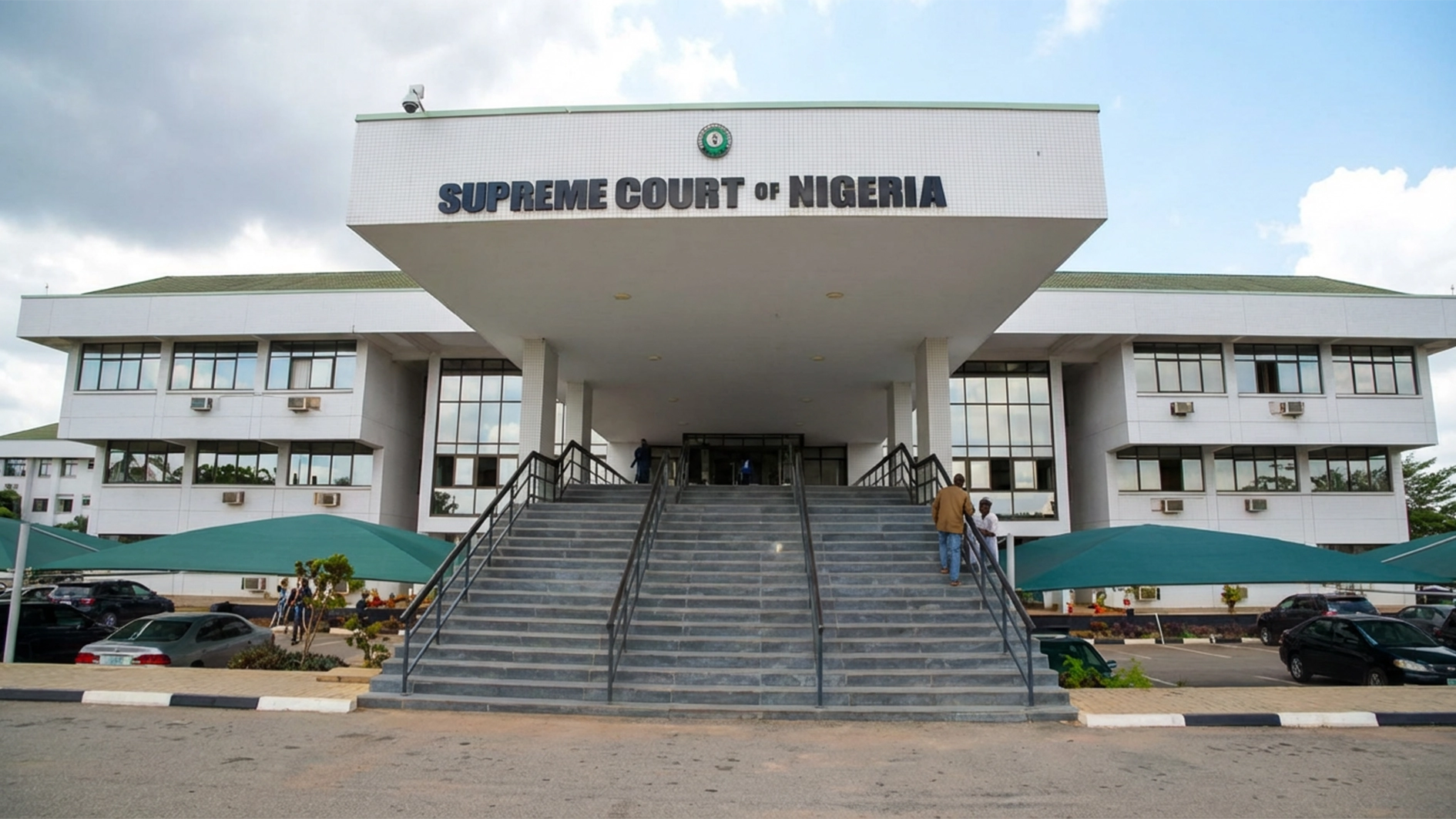Retired Major General Ijioma Nwokoro Ijioma has said that despite Ndigbo’s consistent demonstration of loyalty to Nigeria, the country has yet to fully reintegrate or accept the Southeast region over five decades after the civil war.
Speaking as guest speaker during Ikengaonline’s virtual town hall meeting on Thursday, Gen. Ijioma stated that although the Igbo have remained committed to the Nigerian project, they continue to face political and economic exclusion, and are treated as outsiders.
“Our people at the end of the war wholeheartedly wanted to be reintegrated into Nigeria and have done everything possible to convince Nigerians that we are Nigerians,” he said. “But I want to observe that despite these efforts, it seems that there is an agreement by Nigerians that the war hasn’t ended.”
Gen. Ijioma, who served in the Nigerian Army for over 33 years and rose to the rank of Major General, said his experiences in military service reinforced the perception that Nigeria has not forgiven Ndigbo.
“Nigeria is still at war against Ndigbo,” he said. “My experience in service convinced me that the rest of Nigeria have not accepted that the war ended in 1970.”
He described Nigeria as a country where smaller groups collectively suppress a larger one, likening the national dynamics to a family in which “six dwarfs ganged up against their giant sibling.”
The retired general also raised concerns about the persistent denial of the presidency to the Igbo, noting that other ethnic groups had already held power at the national level.
“If President Tinubu runs his second course in 2027, that will be eight years. Then add it to eight years of former President Obasanjo, making it 16 years for the Yoruba nation,” he said. “Add it to the six years of Jonathan, and eight years of Buhari, that is 30 years of political exclusion. By 2031, the presidency goes back to the North. That would be 38 years of continued exclusion of Igbo from the Nigerian presidency.”
He argued that despite contributing significantly to national development and being present in every region, Igbo remain sidelined.
“We fought because we had a just cause. I don’t know why Nigeria is so afraid of Ndigbo. It’s because of the fact that Ndigbo are true Nigerians.
“I don’t just claim Ndigbo are the true Nigerians, but in theory and in practice we are the true Nigerians. The development Nigeria has made is as a result of the effort of Ndigbo. I will dare you and I will challenge you to show me an Hausa man in Igbo land developing it as we do outside Igbo land.
“In Igbo land, you won’t see any Hausa man’s house, or any Yoruba man’s house, but look at Lagos and other parts of the country, we have landed property in them. Twenty five per cent of houses in Lagos belong to Ndigbo. The same thing in other cities. This is because we believe in One Nigeria.
“Why is it that the people that are so committed to Nigeria are the people that are so excluded from Nigeria?”
Gen. Ijioma blamed the political elite in the Southeast, particularly the governors, for failing to defend the collective interest of the region. He said the internal division within the region has made it easier for other parts of the country to marginalize them.
“When we were in PDP, were we not much stronger and was our voice not louder? Were we not respected?” he asked. “Now that you have APC crawling in and taking two states, you have Labour, you have PDP struggling in Enugu, and APGA in Anambra. Is there any doubt to anybody why our status has gone miserable? It’s because of division.”
He described the period between 2015 and 2025 as the worst political era for the Igbo since independence, marked by exclusion from key national leadership roles.
“This is an era when Ndigbo people were excluded from the leadership of certain parties, excluded from the leadership of the legislative arm of government, and excluded from governance in Nigeria.”
Gen. Ijioma called for a united front among Ndigbo, stressing the need for political self-reflection and renewed commitment to shared values.
“But there is hope,” he said. “The hope is that Ndigbo will do a self-searching, self-re-evaluation to be able to do the whole of the united front.”
He also decried the erosion of values within the Igbo political space, citing a rise in followership of individuals lacking in integrity.
“You see people following people who ordinarily do not have the integrity to be called leaders,” he said. “Is it not high time they held their political representatives to account?”
Gen. Ijioma concluded by stating that the Igbo still have the numbers to reclaim political relevance if they organize strategically.
“With about 65 million people that make up the 200 million in Nigeria, the Igbo, with marginal support from other regions, can put one of their own kind in the presidency come 2027.”






